Should You Rent or Buy? The Brutally Honest Guide
The Real Question Isn’t Rent vs. Buy. It’s Freedom vs. Forced Adulting.
Let’s Talk About Lifestyle First
Here’s the truth most people skip: before you break out spreadsheets or mortgage calculators, you need to ask one thing—how do you want to live? Because this isn’t just a money decision. It’s a lifestyle choice wrapped in bills, expectations, and maybe a white picket fence you’re not even sure you want.
Let’s break it down.
Renting = Freedom.
You can move cities, switch jobs, or chase love across the country without worrying about selling your roof first. Maintenance? Not your problem. The AC breaks? You send a text. You’re not tied down—financially or emotionally—and for a lot of people, that’s the win. Renting is flexible, low-commitment, and ideal if your life is still shifting (read: you’re not 100% sure you want to be in the same zip code next year).
Buying = Control.
Want to paint your walls black? Knock down a wall? Get a dog that weighs more than a house cat? You can. Buying means you’re in charge. It also means long-term planning, stability, and building something that’s yours. But it’s not light. You’re committing—to a place, to maintenance, to responsibility.
So ask yourself:
Do you dream about a backyard barbecue or booking a one-way ticket every summer?
Do you crave a stable basecamp or a passport that never collects dust?
This is lifestyle first, money second. You’ve got to know how you want to live before you figure out how to buy.
Show Me the Money: The Real Costs of Buying vs. Renting
And No, It's Not Just Monthly Payment Math
Everyone loves to compare rent to a mortgage like it’s a one-to-one deal. “My rent is $2,000, and a mortgage would be $1,800? Boom, buying is cheaper!”
Cue dramatic game show buzzer noise.
Wrong.
If you only look at the monthly mortgage payment, you’re missing about 78% of the real story.
Let’s start with buying. Sure, your mortgage might look “cheaper” on the surface—but here’s what it doesn’t include:
Closing costs (2–5% of the home’s price upfront)
Property taxes (annual. Ongoing. Sometimes painful.)
Homeowners insurance
Private mortgage insurance (PMI) if your down payment is under 20%
Maintenance and repairs (see: water heaters exploding)
HOA fees, depending on your area
Then we’ve got renting. At first glance, it feels like “just the rent,” but over time:
Annual rent hikes (landlords love “market rate adjustments”)
No tax deductions or equity building
No control over your environment or long-term costs
So how do you actually compare the two?
Look at the 5-year picture, not just this month’s costs. Buying is often more expensive up front, but if you stay put long enough, the scales shift. You build equity. Your payments stay fixed (if you have a fixed-rate mortgage). Rent? That number almost always goes up.
Bottom line: Don’t fall for surface-level math. Do the deeper cost analysis—and don’t forget to factor in your goals, flexibility, and how long you plan to stay.
Equity, Baby! Why Buying Feels Like Building Wealth (Even If You’re Broke AF Now)
When Ownership Pays You Back — Eventually
Let’s talk about that sexy word you keep hearing in personal finance TikToks: equity.
Equity is what you actually own in your home. It’s the difference between what your house is worth and what you still owe on it. And unless you bought your house with duffel bags of cash (teach me your ways), you're building that equity slowly, one mortgage payment at a time.
Every month, a chunk of your payment goes toward the loan principal. That means you’re not just throwing money into a black hole like you are with rent—you’re growing something. Something you could one day refinance, borrow against, or cash in when you sell. It’s basically forced savings… with walls and a roof.
Let’s break it down:
Rent = 100% expense. It’s gone the second you send that Venmo or auto-draft.
Mortgage = Part expense, part investment. You’re slowly stacking ownership and value.
Now factor in appreciation. If you bought a $300K home five years ago and the market’s been kind, it might be worth $400K today. Even with a loan, you could be sitting on $80K+ in equity. That’s a future down payment, business startup fund, or retirement boost. Rent? Still building your landlord’s equity. Every single time.
Look, equity isn’t instant gratification. It’s a long game. But if you plan to stay put and play it smart, buying can quietly build real wealth in the background.
But What If the Furnace Explodes? (Spoiler: You Pay for That Now)
Why Renting Can Save Your Sanity
Ah, the glamorous side of homeownership—where dreams of shiplap and backyard BBQs come with the emotional thrill of being financially responsible for literally everything.
Because when you own the home, you’re not just the resident. You’re the landlord, maintenance crew, financial backstop, and emotional support animal—all rolled into one.
Let’s paint a picture.
The furnace dies in the middle of a snowstorm. The water heater leaks into the guest bedroom. The toilet starts bubbling like a cursed swamp. When you rent? You text the landlord and go back to your Netflix binge. When you own? You’re Googling “emergency plumber near me” and praying you’ve got at least one credit card with wiggle room.
Here’s the truth: Repairs are inevitable.
Roofs don’t last forever.
Appliances break.
Pipes burst.
Lawn equipment doesn’t buy itself.
Homeownership = constant low-level financial anxiety unless you’re prepared. Renting, on the other hand, gives you a clean, consistent monthly expense. No surprise repair bills. No calling five contractors just to get ghosted. No spending Saturday at Home Depot because the sink won’t stop hissing.
If your mental plate is already overflowing, renting might actually be the healthier financial choice—even if your parents or TikTok disagree.
Predictability isn’t weakness. It’s peace of mind. And in some seasons of life? That’s priceless.
The Commitment Problem: Why Buying a House is Like Marrying a Zip Code”
And Some People Just Aren’t Ready for That Ring Yet
Buying a home isn’t just picking cabinets and finally getting that walk-in closet. It’s choosing a location, a lifestyle, and—brace yourself—a future. It’s like proposing to a zip code and saying, “I do” to staying put, paying taxes, and maybe even learning your neighbor’s dog's name.
This is the part most people gloss over:
Buying only makes sense if you’re ready to commit.
Let’s talk timelines.
General rule? If you’re not staying in the home for at least 5 years, buying is often a losing game. Why? Because the upfront costs (closing, inspections, loan fees, moving expenses) take time to recover. You can’t build meaningful equity if you bounce after 18 months.
So before you get hypnotized by HGTV and decide you’re “totally ready to buy,” ask yourself:
Am I planning to stay in this city for a while?
Is my job stable enough for a long-term mortgage?
Would I want to deal with selling if life changed suddenly?
Because unlike a lease, which you can break (with a fee and a phone call), selling a home is a full-on process—with agents, showings, negotiations, and often… tears. Lots of tears.
It’s not that buying is bad—it’s just serious.
And if commitment makes you itchy, or your life is in flux, there’s no shame in renting until the dust settles.
So... Are You Emotionally Ready for the Chaos?
Because Logic’s Not the Only Factor
Let’s be real: spreadsheets don’t have anxiety attacks. But you might—right around the time your lender asks for your tax returns from 2018 or your closing date moves for the third time because the seller’s dog chewed a wire in the attic.
Buying a home isn’t just a financial transaction—it’s an identity shift.
It’s going from “I live here” to “I own this.”
Sounds empowering, right? And it is. But it’s also a lot.
You’ll second-guess yourself.
You’ll stress about inspections, appraisals, loan approvals, and whether you really want to live 40 minutes from your favorite taco spot. You might panic mid-process and wonder if you’re making a massive mistake. That’s normal. Owning a home means stepping into responsibility that hits harder than just paying rent on time.
And once you close?
You might feel a little lost. Because suddenly, the safety net’s gone. There’s no landlord to call. No one else to blame when the ceiling leaks or the HOA decides your trash bins are slightly out of line.
If your life is already at emotional max capacity—new job, breakup, family stuff, financial stress—then buying may not be the move right now. Renting gives you breathing room. Flexibility. Predictability. It’s not “throwing money away”—it’s buying time and space to stabilize.
Because sometimes, the smartest financial move… is waiting.
The Brutal Truth: There’s No One-Size-Fits-All Answer (But I Can Help You Find Yours)
The Hawk-Approved Rent vs. Buy Decision Filter
If you’re still reading, congrats—you’re ahead of 90% of people who just Google “rent vs. buy” and click the first calculator that makes them feel better about their decision.
Here’s the deal: there is no universal right answer. Anyone who tells you otherwise is either selling you something or hasn’t seen a housing market since 2008.
So let’s get tactical. Here’s my Rent vs. Buy Reality Filter—brutally simple, zero fluff. Ask yourself these 9 questions:
Lifestyle Questions
Do I want the flexibility to move in the next 1–3 years?
Am I okay with being responsible for all repairs and upkeep?
Do I crave stability—or am I still chasing new experiences?
Financial Questions
4. Can I afford the down payment and an emergency fund?
5. Am I prepared for costs beyond the mortgage (taxes, insurance, maintenance)?
6. Will I realistically stay in this home for at least 5 years?
Emotional Questions
7. Am I mentally ready for the stress of homebuying (and adulting hard)?
8. Do I have the bandwidth to manage unexpected repairs and financial curveballs?
9. Is this choice aligned with my goals—or just pressure from family, friends, or TikTok?
If you’re racking up more “Nope”s than “Yup”s, renting might be your smarter move for now. And that’s okay. Homeownership isn’t a race—it’s a strategy.
But if you’re thinking, “Okay… maybe I am ready, I just need help running the numbers”—then stop Googling and book a free consult with me.
Let’s cut through the noise, get into your specific situation, and make a decision you can actually feel good about.


